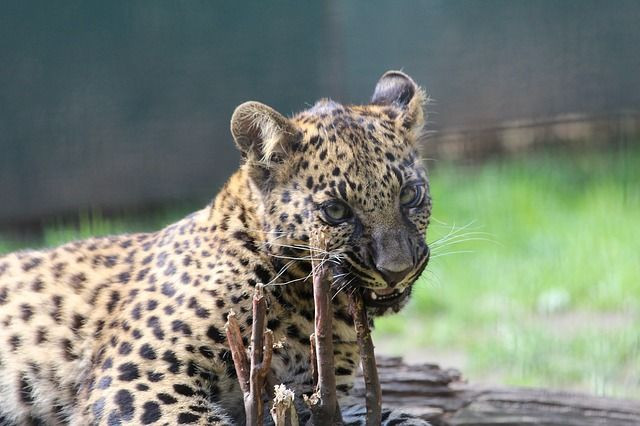Viral Video Of Gujarat Men Harassing Leopard Cub Elicits Outrage

A video recently went viral, illustrating the animal abuse in Gujarat. A group of men was featured bullying a leopard cub.
The video elicited a lot of outrage on social media and the international scene. Zubin Ashara shared the video on his Twitter handle with the caption saying the culprits that committed the act deserved prison time.
He also requested anyone with knowledge about the identities of the men to message him or the forest department.
The footage showed the men jesting as they yanked the cub back and forth. It seemed very distressed by the situation and bared its teeth the entire time as a defensive stance probably.
It was scared but alert because the intentions of the men were not apparent at the time. A lot of people in the comments on the shared status were asking for the punishment of these men.
The dialogue during the video implies the men were enjoying the act of forcefully capturing the cub. They seemed to be proud of what they had done, and the man making the video even panned the camera to his face to be part of it.
The incident got the attention of the Indian Forest Service member, Parveen Kaswan, who then forwarded the matter to the authorities. He also tweeted about it.
He then posted a bounty on behalf of the Greater Gir Task Force for information leading to the culprits to the amount of INR 25000.
Animal cruelty, according to international regulation, is not just about the sexual assault and wanton killing of animals. Bullying animals and even forcefully feeding them are part of the rules concerning cruelty to animals.
Even disturbing animals in their natural habitat and harassing them for fun is becoming increasingly common, and the national laws against cruelty require significant revision so these crimes can stop.
Unfortunately, India does not have a strict set of laws that punish offenders for animal abuse.
The problem can be related to the increasing amount of contact people are having with wild animals. Human settlements are encroaching into enclosures and reserves.
The solution to this problem lies in the policymaking. When various animals became endangered in African countries due to hunting, governments enforced strict regulations. Animal abusers and poachers were then jailed for extended terms or even shot on contact by wildlife protection officers.
The effect has had a reducing impact on cases of animal abuse and trafficking. It has also led to an increase in local animal populations.





















